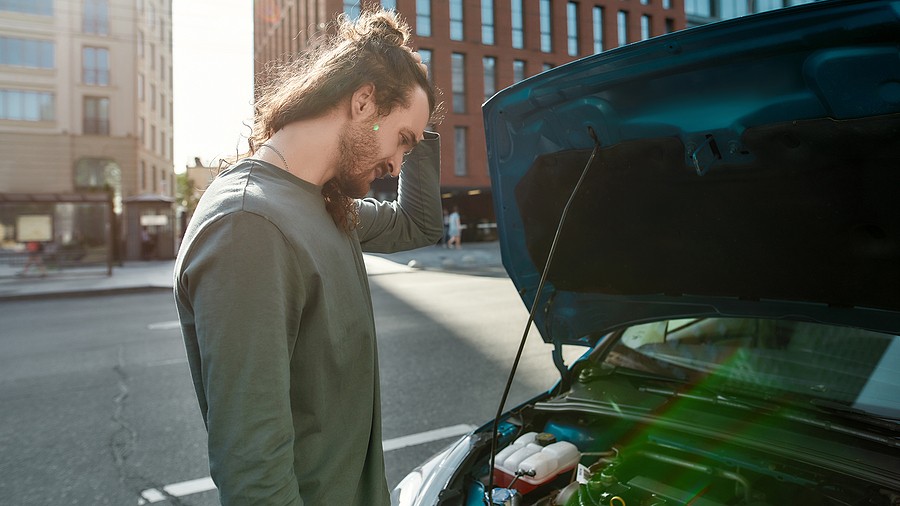These are the ten steps to take when your car won't start:
- Check the battery
- Check the alternator
- Check the starter
- Check the fuel tank
- Check the fuel system
- Check the spark plugs
- Check the ignition system
- Check the timing belt
- Check the sensors
- Check the engine
Dealing with starting problems can be a very frustrating situation. This becomes more severe if you're ready to drop off your kids for an important meeting or school. The good news is that you shouldn't be too concerned about the starting problem because there are always solutions by automotive experts.
This article provides ten steps to take when your car won't start. It headlights all potential components involved in the starting process and some diagnostics recommendations to help you get your vehicle running again. Let's read on for more details!
10 steps to take when your car won't start
Fixing the starting problem should be simple, especially if you understand which component is involved in the starting process and where to start looking to resolve the issue.
Automotive experts put together a list of components you should check before spending the time and effort trying to get to the mechanic. Let's take a closer look at each component and how you can diagnose it to get your vehicle running again:
1. Check the battery
The first and most critical thing you need to check is your vehicle's battery. The battery is the most common component that leads to all your starting problems, whether you're starting it in the morning or at any time during the day.
You could inspect the battery on your own without needing to use any tools that are complicated or require a mechanic's help. For example, automotive experts recommend turning on the headlights and seeing whether they turn on in the first place.
If they turn on, it could mean that your battery is in good condition and the problem is linked to other stuff. On the other hand, if the headlights didn't turn on or were very dim, it could be a significant issue with your battery that needs to be checked.
2. Check the alternator
If you confirm that your battery is in good condition, the next step is to check on the alternator. The alternator is a significant component responsible for charging the electric systems every time your vehicle runs.
One way to check the alternator is by using of altimeter. If you connect the voltmeter to the battery and realize that it's less than 13.5 volts, it could mean that your alternator needs to be in better shape and charging the battery properly. In that case, you'll most likely need to replace the alternator.
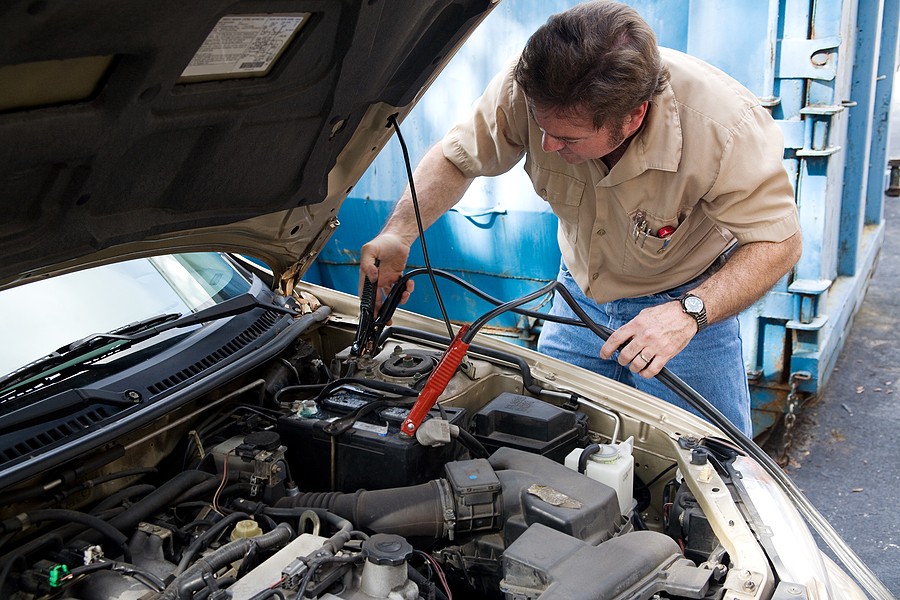
3. Check the starter
Another potential problem that could lead to your vehicle not starting is when you have a problem with the starter motor. This starter motor is responsible for making the electric charge from the battery bigger, so it triggers the engine to start.
Typically, if your vehicle has a problem with the starter motor, you'll notice that the vehicle is ticking every time you try to turn the key in the ignition switch. However, there are some additional signs that you could look for to confirm whether your starter motor is in good shape or not.
4. Check the fuel tank
Believe it or not, many people might say who might not have any fuel in the fuel tank and think that the battery is faulty or the vehicle has a significant problem. That's why even if you know that your vehicle fuel tank has enough, it doesn't hurt to look.
Sometimes you might even have a problem with a fuel gauge that reads very high where it doesn't have any fuel. You have to check on the gauge by either having your mechanic look at it or adding more fuel and noticing whether it moves or shows a difference.
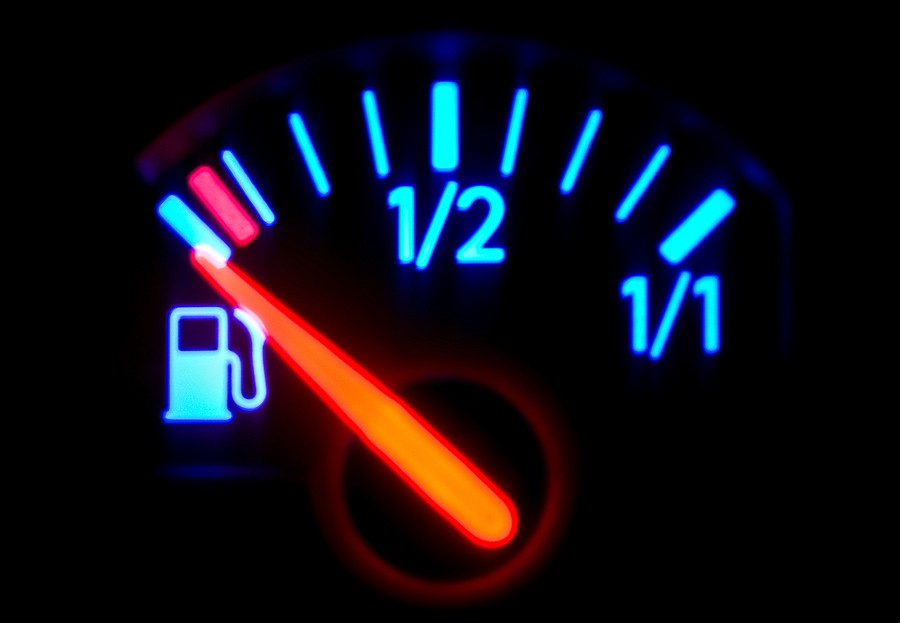
5. Check the fuel system
In addition to having fuel in the tank, sometimes you might need help with the fuel system itself. It could be the fuel injector, the fuel pump, and the filter. All these components could prevent fuel from getting to the engine, which means that your engine doesn't generate any energy.
A fuel pressure gauge is one way to check on the fuel system. This gauge should show a specific range of fuel pressure indicating a healthy fuel system. However, if the gauge reads value low, it could mean that you need help with the fuel system that requires immediate mechanic attention.
6. Check the spark plugs
In some scenarios, it could be the time to replace your spark plug, and that's where your vehicle might not have the right spark generated, which means that your engine won't generate any energy. In that case, your vehicle won't start, and the engine won't crank.
That's why part of these steps to take when your car won't start is to check on the spark plugs. You can perform a quick visual inspection and look at the spark plugs to notice whether they have any signs of damage or wear. You will need to replace them if they need to be in better shape.
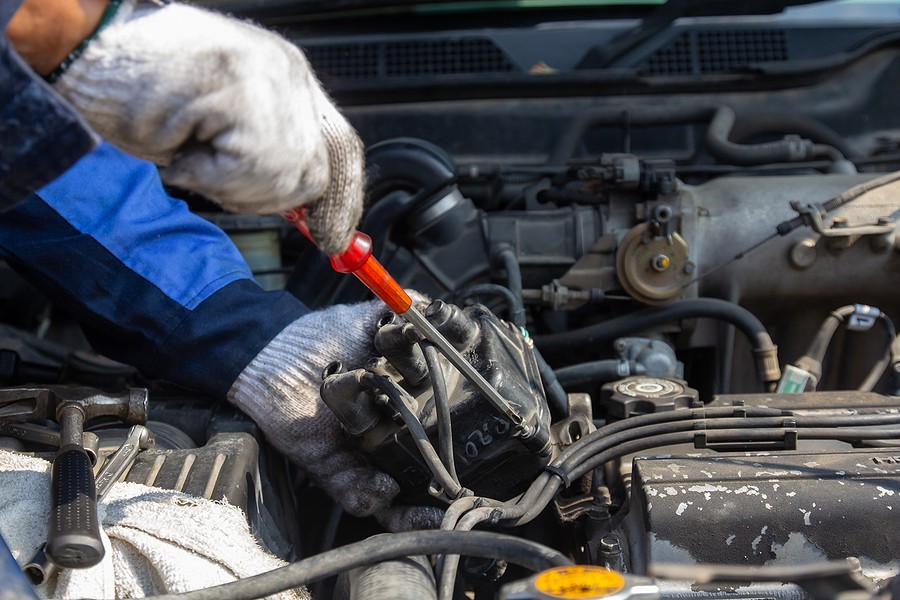
7. Check the ignition system
If you confirm that all the previous components are in good shape, you should have the problem resolved immediately. However, you can still look at other components related to the ignition system.
The ignition system consists of spark plugs and additional components that might prevent your vehicle from starting when it has a problem.
To narrow down the list and confirm whether your problem is linked to the ignition system by listening to your vehicle's sounds. For example, if you turn the key in the ignition switch and realize that your vehicle is making some weird clicking noises, this could indicate that you have a problem with the ignition system that requires repairs.
8. Check the timing belt
In some scenarios, your engine might have a bigger problem that needs to be fixed. For instance, if the timing belt is not in good shape, it can easily prevent your car from starting and cause your vehicle not to generate any energy.
Inspecting the timing belt should be a simple job because all you need to do is to perform a quick visual inspection. If you notice that the timing belt is stretched too much or has some signs of breakage or damage, it could be the one resulting in and preventing your vehicle from starting.

9. Check the sensors
Your vehicle consists of lots of sensors, and any of these sensors could go wrong and prevent your car from starting here. That's why if you got to this point and all the steps to take when you're car won't start provided did not help you, take a look at the sensors and see if your oxygen sensor is in good shape.
A quick way to determine whether you have a problem with the sensors is by using an OBD scanner. This scanner should be connected to the vehicle's computer and can provide you with an error code indicating the faulty component in your vehicle. This error code can then be translated into the component's name and recommendations for next steps.
10. Check the engine
Finally, if you have a critical problem with your engine, which is the worst-case scenario, you might deal with situations where your car won't start. For example, if The engine is broken, the vehicle will not generate any energy, and that's why it won't start.
Note that when your engine is the faulty component preventing your car from starting, you'll start noticing additional symptoms that should occur before your vehicle has a starting problem. For example, you should be dealing with a check engine light illuminating for a long time.
That's why we highly encourage you to always pay attention to every warning sign on the dashboard, especially those related to the engine. The earlier you detect the problem, the easier it is for your vehicle to get fixed without needing to replace major components.
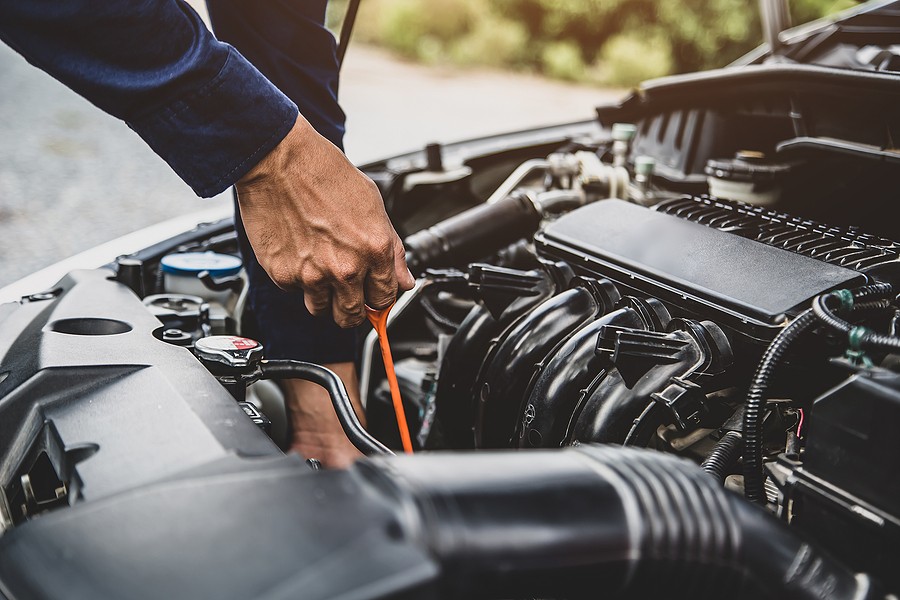
Final thoughts
If your vehicle starts, you don't need to go to the mechanic immediately. You can check some housekeeping stuff on your own without spending the money reaching out to a professional mechanic.
This article provided eight recommendations on steps to take when your car won't start. Of course, you must first check on the battery, the starter, the alternator, the fuel system, and more.
Going through the list in order helps you resolve the problem and get your vehicle running on the road again without any frustration. However, there are some scenarios where the problem might be deep and requires immediate help from your mechanic. You will need to talk to the mechanic and have him replace the faulty component.
So as you know, some starting problems are linked to major issues in your vehicle and might require thousands of dollars in repair. If that's what you're dealing with, it could be a perfect time to sell this car and purchase a better one that serves your needs without any issues.
Are you looking for somebody to buy your car? Are you concerned that no one will accept it because it has some starting problems? Cash Cars Buyers are always here to help you!
Call our team today at 773-791-4363. Get your instant offer and have our team remove your car within one to three days only!

